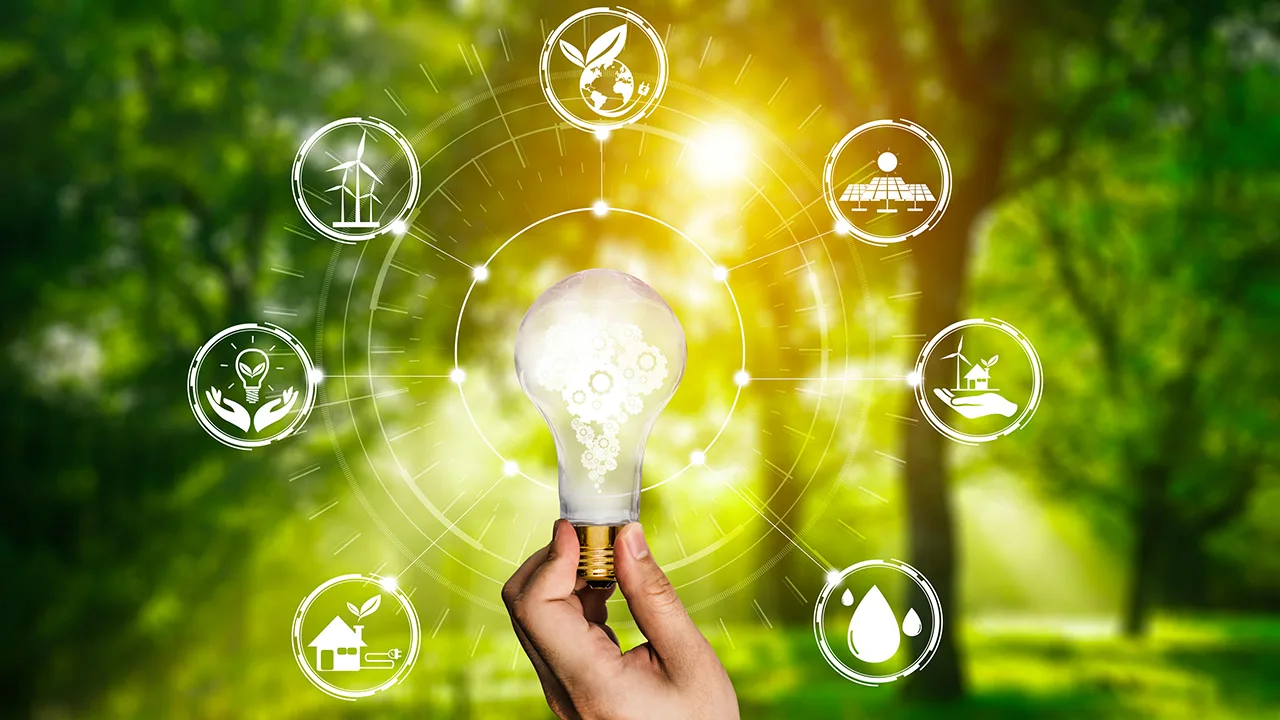GET IN TOUCH
- Please wait...

This letter was first published in the Bimonthly Newsletter of August 2022
Dear Friends and Valued Stakeholders:
Energy sustainability has always been a key issue for achieving economic resilience. Bangladesh has come a long way in that regard with 96%+ of the population having access to electricity in 2020 from 32% in 2000 (WorldBank). A large proportion of that energy is derived from fossil fuels which are expensive, import reliant, vulnerable to global price shocks, and not so green. We have already seen the price of fuels going up between 30 to 50% depending on the type. So what are our options for the future? How do we look at transformative energy sustainability?
To respond commensurately, Bangladesh needs to consider the cost-effectiveness, environmental sustainability and sensitivity of its future energy mix to global market volatility. With depleting reserves of natural gas and increasing imports of heavy oil, the future of energy needs to be more diversified. Moving to LNG (Liquified Natural Gas) is a cleaner option however may deem insufficient to meet demand, attributed to its import dependency.
Given coal has greater reserves at this moment, it is a viable alternative. However coal based power plants are expensive and not to mention one of the major contributors to greenhouse gas (GHG) emissions. Furthermore financiers are often hesitant to invest in coal ventures and given the environmental footprint, this option would be best used within limits.
Renewables consisting of solar, biomass, wind, geothermal and hydro are cleaner options. Currently, less than 2% of the country’s energy demand is met with renewable energy with the government targeting to boost this to ~20%. However, each of the options has its own set of challenges. Solar energy production will not support rapid industrialization and will mainly be fit for households. Additionally, it requires substantial surface land to scale which makes it expensive and often constrained to rooftop installations. Hydro is difficult to implement given Bangladesh’s mostly flat land structure. While ocean wave-based technologies are evolving there are geo-political implications. Biomass, in the face of proper waste management mechanisms, would become a partial option while geothermal energy can be tapped from the northeast regions or hotter parts of the country and wind from coastal regions. However, these are only partial options and won’t be sufficient to meet the industrialization needs.
One possible way forward to a cleaner and sustainable future would possibly be nuclear. However, there are risks of nuclear accidents and significant waste management hassle. 30+ countries are already utilizing nuclear power plants and the latest technologies are inherently safer. While the amount of waste generated is minimal compared to coal, there is no denying the fact that radioactive waste is much more harmful. Given how the existing set-up of the Rooppur Power Plant Facility performs, which is set to generate 2400 MW, Bangladesh will need to evaluate nuclear-based energy mixes in the future.
Lastly, on the related topic of GHG – one of the major contributors are ICE (Internal Combustion Engine) Vehicles on the road. Electric Vehicles(EVs) as a bottom-up innovation can help curb emissions, by providing an alternative fuel source. However, EVs typically run on lithium batteries which are harder to recycle, not so clean to manufacture and lithium mines are not the most compliantly managed places. Regardless EVs have the potential to substitute ICE Vehicles with the transport sector being a mirror energy mix to that of the country.
Energy sustainability has no easy answer and possibly the future lies in a good mix of all the substitutes that are mentioned above as well as new ones like nuclear fusion instead of fission, “Big Battery” technology in Solar that might emerge in the future.
Our experts can help you solve your unique challenges
Stay up-to-date with our Thought Leadership and Insights